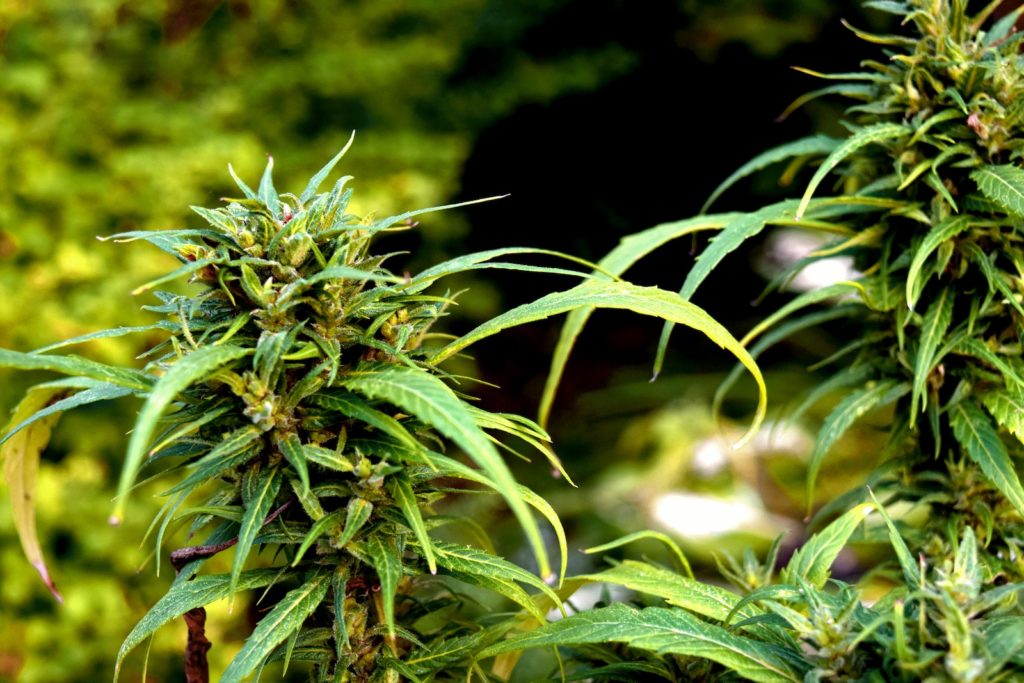Achieving a lush, weed-free lawn is the dream of every homeowner. But the key question is, “What type of grass will choke out weeds?” In this comprehensive guide, we will delve into the world of grass varieties that not only provide a beautiful green carpet but also suppress those pesky weeds. Say goodbye to constant battles with unwanted plants and hello to a vibrant, healthy lawn.

Types of Grass Ideal for Weed Suppression
Kentucky Bluegrass
Kentucky Bluegrass, a cool-season grass, is known for its dense growth, making it difficult for weeds to penetrate. Its ability to form a thick carpet-like turf naturally inhibits weed growth.
Bermuda Grass
Bermuda Grass thrives in warmer climates and has a rapid spreading ability, leaving no room for weeds. Its aggressive growth and thick texture create an inhospitable environment for unwanted plants.
Zoysia Grass
Zoysia Grass, with its dense, fine texture, is excellent at choking out weeds. Its slow vertical growth and lateral spread make it a formidable opponent against weed invasion.
Fescue Grass
Fescue Grass varieties are known for their shade tolerance and weed resistance. They establish a thick mat that prevents weeds from taking root.
St. Augustine Grass
St. Augustine Grass, favored in southern regions, forms a dense turf that can effectively suppress weeds. Its shade tolerance and rapid horizontal growth make it a reliable choice.
Centipede Grass
Centipede Grass is a low-maintenance option that thrives in acidic soils. It forms a dense turf that naturally resists weed intrusion.

Factors Influencing Weed Suppression
Proper Mowing Height
Maintaining the correct mowing height for your grass type is crucial. It helps promote a strong, dense turf that discourages weed growth. Consult with a local expert to determine the ideal height for your chosen grass variety.
Adequate Watering
Proper and consistent watering ensures your grass stays healthy and robust, making it harder for weeds to establish themselves.
Soil Health
Healthy soil provides essential nutrients to your grass, helping it grow vigorously and compete effectively against weeds. Regular soil testing and fertilization are essential.
Lawn Aeration
Aerating your lawn reduces soil compaction, allowing grass roots to access oxygen and nutrients. This promotes a thick turf that inhibits weed growth.
FAQs
Q: Can I use herbicides to complement grass in weed control?
A: While herbicides can be effective, focusing on proper grass care is a more eco-friendly and sustainable approach.
Q: How often should I mow my lawn to prevent weeds?
A: Mowing frequency varies by grass type, but generally, mowing when your grass reaches one-third higher than its ideal height is a good rule of thumb.
Q: Is it possible to convert an existing lawn to a weed-resistant one?
A: Yes, it is possible through overseeding with the right grass type and proper lawn care practices.
Q: Are there natural methods to control weeds in my lawn?
A: Yes, mulching, hand-pulling weeds, and promoting healthy grass growth are effective natural approaches.
Q: Can I mix different grass types for better weed control?
A: Mixing grass types can be beneficial, but it’s essential to choose varieties that are compatible with your climate and soil.
Q: What should I do if I have a thatch problem in my lawn?
A: Address thatch buildup by dethatching your lawn, which allows better air and water penetration.
Conclusion
A weed-free lawn is not an unattainable dream. By selecting the right grass type, adopting proper lawn care practices, and understanding the factors that promote weed suppression, you can enjoy a vibrant, lush lawn that chokes out weeds naturally. Say goodbye to weed woes and hello to the lawn of your dreams.
